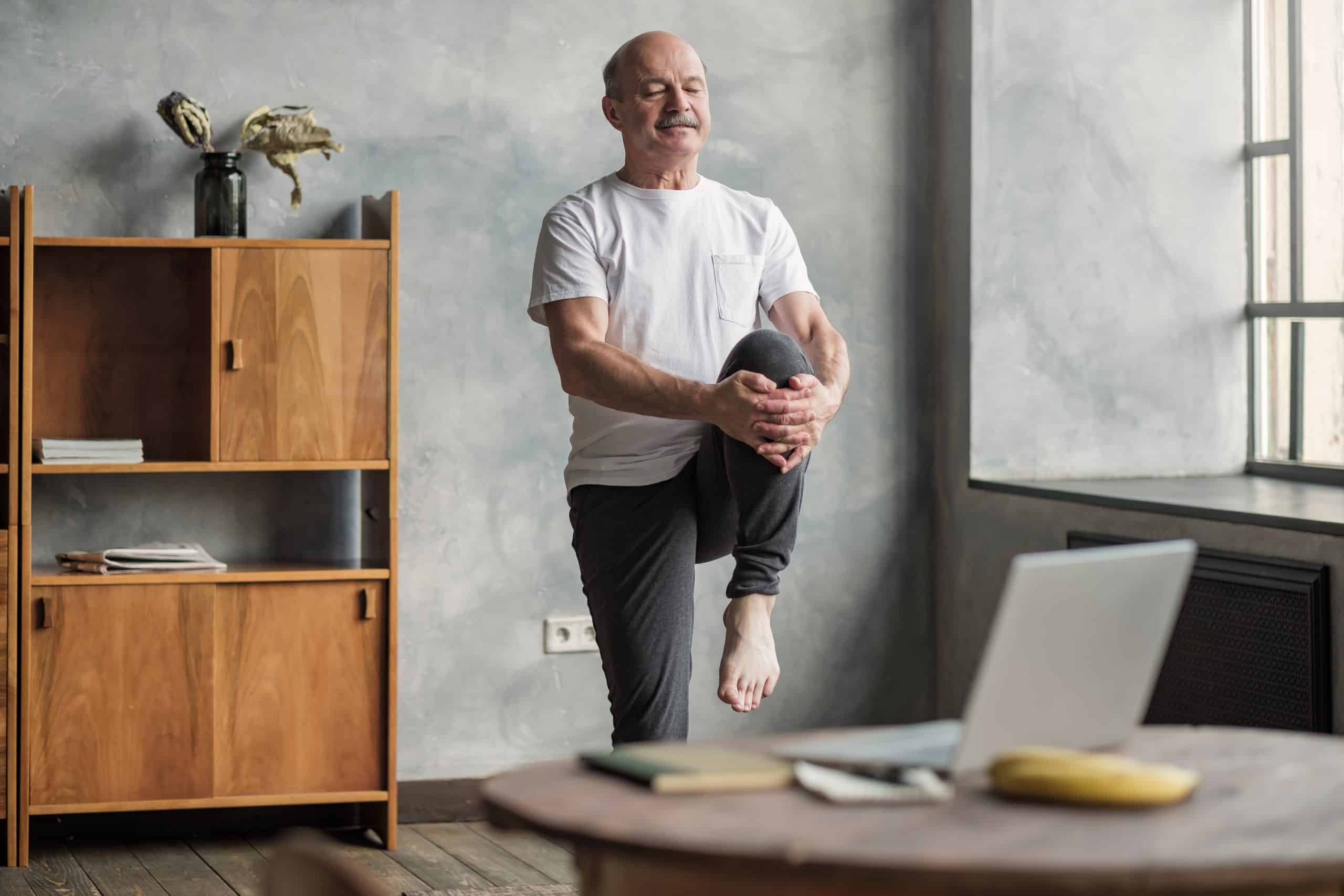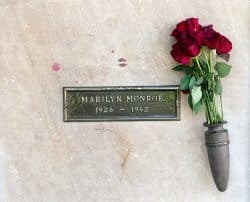At The Gardens of Boca Raton, our funeral directors have helped so many grieving families work through a loss. It has been our privilege to guide friends and family through the grieving process and connect them with the resources they need to process and heal after such a devastating event. We are compassionate and patient grieving professionals who care about our clients at every stage of their bereavement. Contact us today to find out how we can help with your grieving process.
After a loss, people often seek to develop healthy coping skills, and exercise is a great way to cope when you have lost a loved one. There are so many benefits of exercise on mental health. Finding the right tools for processing your emotions after a death is crucial. Whether the loss was expected or came suddenly, it is so painful. It can be a struggle to keep up good habits when you may not feel like getting out of bed, but the right exercise plan may help you feel better and give you some relief. From providing a distraction to boosting endorphins, the benefits of exercise on mental health are backed up by research, which is why grief counselors are increasingly incorporating physical activity into their patients’ treatment plans. Read on to learn more about exercise and other healthy coping skills for grief.
Sweat and Sadness: How Exercise Can Help with Grief and Improve Mental Health
You may associate exercise with weight loss and increased muscle mass. However, those are just some of the outcomes of an exercise plan. It can benefit you in ways that aren’t always visible to others. Exercise can improve your sense of well-being, and that’s a huge benefit for anyone who’s grieving.
The evidence for the connection between mental health and physical activity continues to mount. As the researchers in one study put it, “physical activity may benefit grief outcomes in individuals who have been bereaved, alleviating feelings of depression, anxiety and the experience of post-traumatic stress disorder; whilst also creating a sense of freedom, enabling the expression of emotions, providing a distraction, and an escape from grief.”
People also report that exercising during periods of grief helps them feel a sense of control at a time when life feels out of control. Exercise can improve your sleep, boost energy levels, and causes your brain to release endorphins that can improve your mood. Those benefits are helpful to anyone who has endured a loss.
Fortunately, you don’t need an over-the-top exercise routine to enjoy these benefits. Any physical activities that get you moving can help.
Simple Exercises to Do Anywhere
You don’t need a gym membership to reap the benefits of exercise. Whatever you can do to move your body every day will help you with your grief journey. Your exercise plan should include activities that you find enjoyable and appropriate for your abilities and fitness level. It’s a chance to carve out some time in your schedule to focus on yourself.
You can start slowly; you don’t have to exercise vigorously or be active every day. It’s also helpful to vary the activities that you do so that you don’t get bored. If you’re not up to socializing, solo exercise activities work well. You might want a break from the isolation of grief when you’re being active, and if so, look into finding an exercise buddy or going to an exercise class.
When you’re going through a difficult period, you want exercise to be a soothing activity, and it’s not the time to overburden yourself with unattainable health goals and dramatic lifestyle changes. If your physical health improves, that’s an added benefit.
- Walking. Walking may not be the most vigorous exercise, but it’s a low-impact, safe way to get moving. For most people, it’s an accessible activity that will get the heart rate up.
- Stretching. This gentle activity will improve your range of motion and the blood flow to your muscles. It also aids you with performing daily activities.
- Hiking. In addition to the health benefits, hiking provides an opportunity to get some fresh air, be in nature, and contemplate your loss in a tranquil environment.
- Yoga. Yoga can provide stress relief and improve your cardiovascular and circulatory health. You can even find free videos to guide your yoga practice on YouTube, so you don’t even need to leave your home.
- Calisthenics. You can do calisthenic exercises like push-ups, squats, lunges, and sit-ups anywhere, and these vigorous activities can give you a high-impact workout in the comfort of your own home.
- Running. If you’ve enjoyed running in the past, this activity could be a good option for you. It’s great for your cardio health and can even improve your knee and back health. Make sure it’s not too strenuous for you and won’t have a negative impact on any medical conditions you have.
Ultimately, you want to move in the ways that feel good to you and enhance your well-being. If you find that you’re not enjoying the exercise, it’s time to reevaluate your plan and find more pleasant activities. If you had a strict diet and exercise routine before the loss, don’t think that you need to resume it immediately. It can be a healthy choice to back off a bit for now and resume your usual lifestyle once the loss is less raw.
Healthy Coping Skills for Grief
Aside from engaging in exercise, you have many options for coping with your grief in healthy ways.
- Join a grief support group.
- Engage in spiritual activities or stay connected to your faith.
- Talk to a grief counselor or therapist.
- Plan a meaningful mourning rituals like an end-of-life service.
- Maintain your interests and hobbies.
- Find creative outlets for your grief.
- Do nice things for yourself when you expect a grief “trigger” (birthdays, anniversaries, and other milestones).
- Stay connected to friends and family.
You certainly do not need to engage in every single activity to process your emotions in a healthy way. If you find that your grieving process has stalled or others have expressed concern that you’re “stuck” in your grief, it may be time to seriously consider talking to a therapist or joining a support group. Your clergy member may also have training in grief counseling. Professional help can be a great tool for anyone who is struggling on their grief journey.
The Gardens of Boca Raton is staffed with caring funeral professionals that can offer advice and comfort in your time of need. Contact us today to discuss funeral arrangements for your loved one.



